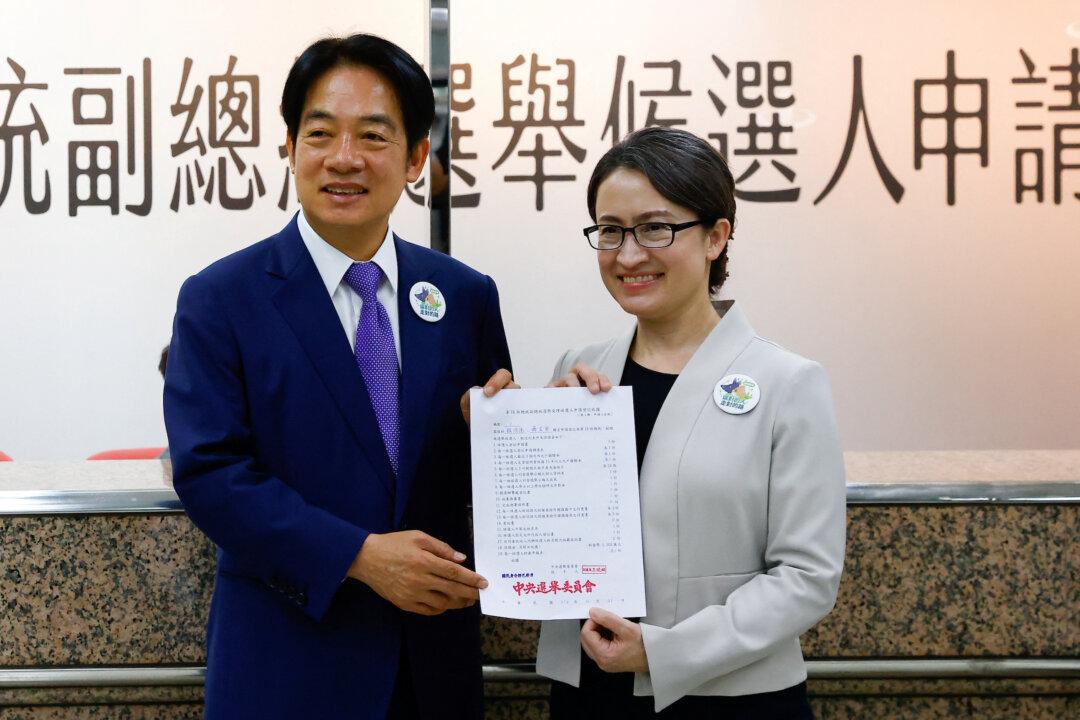News Analysis
As the Taiwanese presidential and legislative elections approach on Jan. 13, the Chinese Communist Party (CCP) is attempting to influence the results of Taiwan’s elections.

As the Taiwanese presidential and legislative elections approach on Jan. 13, the Chinese Communist Party (CCP) is attempting to influence the results of Taiwan’s elections.